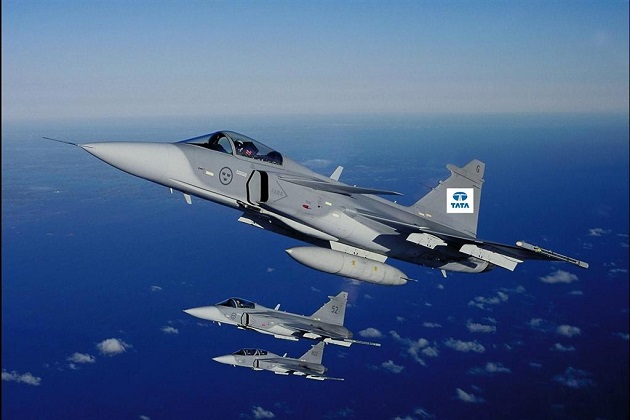In a first for the industry, the Tata Group will develop and manufacture a military aircraft in India, has acquired intellectual property rights for a German-origin platform. The plan is to integrate indigenous sensors and payloads to convert it into an intelligence-gathering asset.
The high-altitude, twin-engine aircraft, capable of playing multiple roles from signal intelligence to cross-border surveillance, is currently in the final stages of testing in Germany. It is likely to arrive in India in the next three months for further integration.
This would be the first time that an Indian private entity is looking at making a full military-grade aircraft, which until now has been the domain of the state-owned Hindustan Aeronautics Limited (HAL).
Tata Advanced Systems Limited (TASL) will showcase the capabilities of the aircraft at the AeroIndia in Bengaluru next week. Though the company has not shared details of the design, the aircraft is likely to be based on the Grob G 180 SPn – a German-made jet that never reached serial production due to financial strains.
TASL is yet to get any firm orders for the aircraft in India, but top executives say the investment has been done keeping in mind future requirements of the armed forces. A manufacturing plant will be set up for serial production in the future, they added.
The company sources said the aircraft it is developing is designed for flying at 41,000 feet altitude with a maximum altitude of 45,000 feet and can be used for intelligence gathering, surveillance and reconnaissance (ISR) purposes. It is designed to land on grass and gravel. The low-wing, twin-engine composite aircraft is expected to have a range of 1800 nautical miles and 6-7 hours endurance with a payload capacity in excess of 1,000 kg.
“We are now focusing on modifying the aircraft to fit special payloads so that it can undertake a demonstration of surveillance capabilities. For a country like India, with multiple mountain ranges spread across the country, including on international borders, this capacity is extremely vital. India has been dependent on foreign suppliers to meet this need,” said Sukaran Singh, MD of TASL.
He added that acquiring such technology will enable India to modify and fit any payloads it wants within the country, reducing dependence on foreign suppliers. “With TASL bringing this aircraft technology to the table, India will have a cutting edge air-borne surveillance platform, with control over the software, customisation as well as maintenance, based within the country,” he said.
The need for effective border surveillance has been a focus after recent tensions with China in Ladakh.








